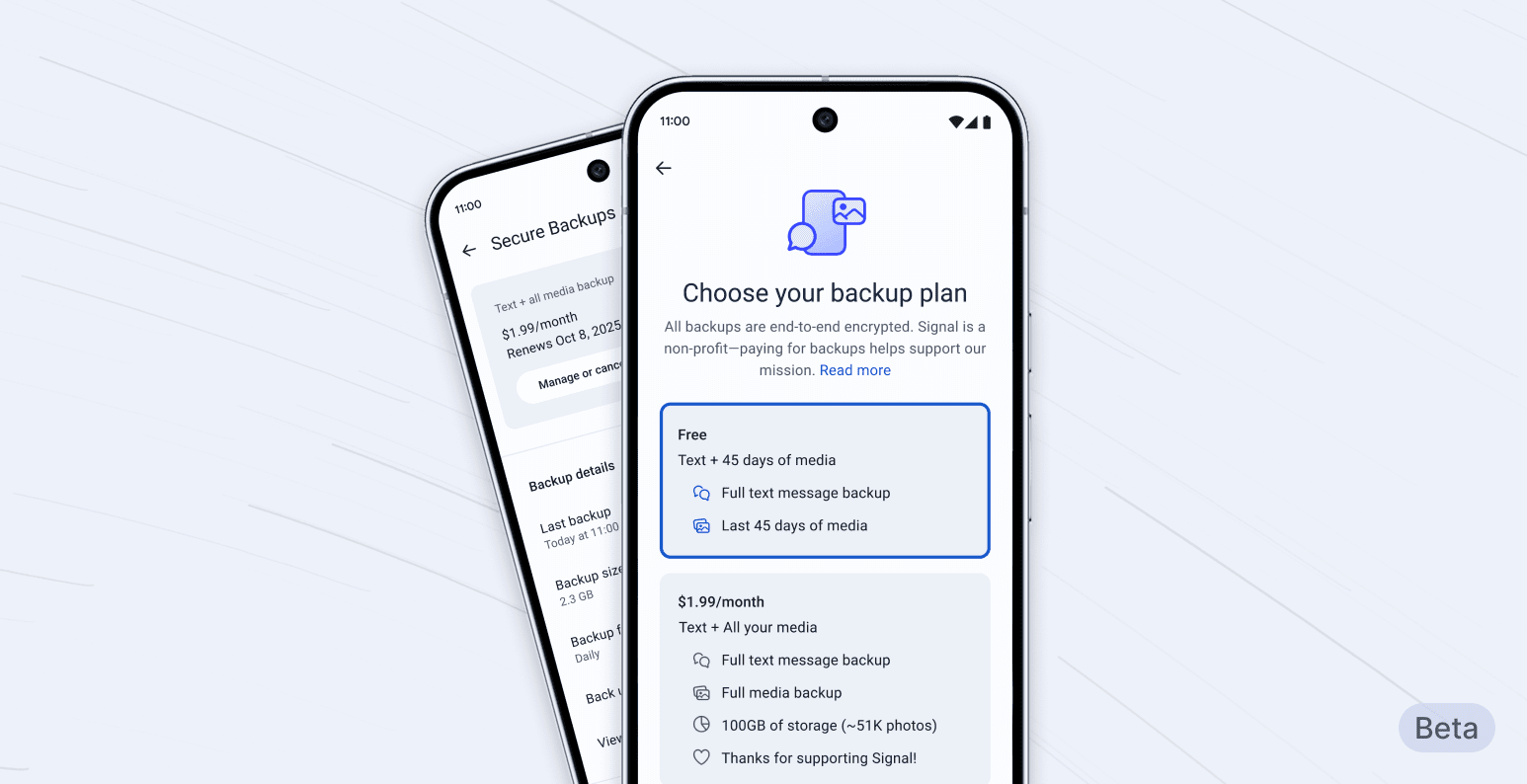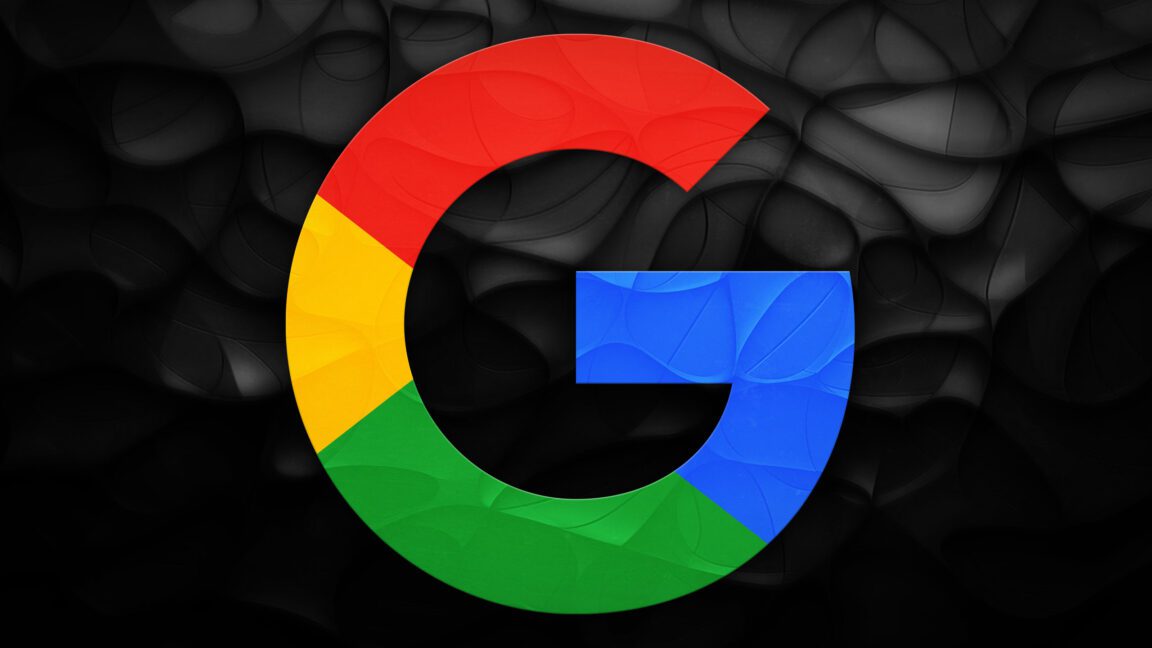
former whatsapp security boss in lawsuit likens Former WhatsApp security chief Attaullah Baig has filed a whistleblower lawsuit against Meta, alleging systemic cybersecurity failures and likening the company’s culture to a “cult.”
former whatsapp security boss in lawsuit likens
Background on WhatsApp and Meta’s Privacy Claims
WhatsApp, a messaging platform owned by Meta, has gained immense popularity, boasting a monthly user base of approximately 3 billion people. Over the past year, Meta has heavily invested in advertising campaigns aimed at promoting the platform’s privacy features. These commercials often feature familiar faces, including the former cast of the popular television show Modern Family. One campaign emphasizes the notion that “it’s private,” while another asserts, “On WhatsApp, no one can see or hear your personal messages … not even us.”
These marketing efforts are designed to reassure users about the security of their personal information. However, the recent lawsuit filed by Baig presents a starkly different perspective on the internal practices at Meta, particularly regarding the security of WhatsApp.
The Whistleblower Lawsuit
On September 25, 2023, Baig filed a federal lawsuit in the U.S. District Court for the Northern District of California. The suit alleges that Meta has been aware of numerous security and privacy flaws within WhatsApp but has failed to address them adequately. Baig claims that these issues were not only ignored but also concealed from users, which he argues violates a $5 billion settlement that Facebook, the parent company of WhatsApp at the time, reached with the Federal Trade Commission (FTC).
Key Allegations
Baig’s lawsuit outlines several serious allegations against Meta, including:
- Failure to Address Security Flaws: Baig asserts that Meta was aware of significant vulnerabilities within WhatsApp that could jeopardize user data but chose not to rectify them.
- Concealment of Information: The lawsuit claims that Meta actively concealed these security issues from users, thereby violating their trust.
- Violation of FTC Settlement: Baig argues that the company’s actions are in direct violation of the terms set forth in the FTC settlement, which mandated that the company take necessary steps to protect user data.
Implications of the Lawsuit
The implications of Baig’s lawsuit are significant, not only for Meta but also for the broader tech industry. If the allegations are proven true, they could lead to increased scrutiny of Meta’s practices and potentially result in further legal consequences. Moreover, the lawsuit raises questions about the effectiveness of the FTC’s oversight in ensuring that tech companies adhere to privacy standards.
Impact on User Trust
Trust is a critical component of any messaging platform, especially one that claims to prioritize user privacy. If users begin to doubt the integrity of WhatsApp’s security measures, it could lead to a decline in user engagement and a potential exodus to competing platforms. This is particularly concerning for Meta, which has invested heavily in promoting WhatsApp as a secure messaging option.
Stakeholder Reactions
The reactions to Baig’s lawsuit have been varied. Privacy advocates have expressed support for the whistleblower, emphasizing the importance of holding tech companies accountable for their security practices. They argue that the allegations highlight a systemic issue within Meta that prioritizes profit over user safety.
Conversely, Meta has publicly denied the allegations, asserting that the company takes user privacy seriously and is committed to maintaining the highest security standards. In a statement, a Meta spokesperson said, “We are confident in our security practices and will vigorously defend against these claims.” This response reflects the company’s ongoing efforts to maintain its public image amid growing scrutiny.
Broader Context of Cybersecurity in Tech
The lawsuit against Meta is part of a larger conversation about cybersecurity in the tech industry. As technology continues to evolve, so too do the threats to user data. High-profile data breaches and security failures have become increasingly common, prompting calls for stricter regulations and oversight.
In recent years, several tech giants have faced legal challenges related to their handling of user data. These cases often highlight the tension between innovation and security, as companies strive to develop new features while ensuring the safety of their users’ information.
The Role of Whistleblowers
Whistleblowers play a crucial role in exposing wrongdoing within organizations. Baig’s decision to come forward with his allegations underscores the importance of transparency in the tech industry. Whistleblower protections are designed to encourage individuals to report unethical practices without fear of retaliation. However, the reality is that many employees may hesitate to speak out due to concerns about job security and the potential backlash from their employers.
Baig’s lawsuit may inspire other employees within the tech sector to come forward with their own experiences, potentially leading to a wave of whistleblower claims. This could further pressure companies like Meta to prioritize user safety and transparency in their operations.
Meta’s Response and Future Outlook
As the lawsuit unfolds, Meta will likely face increased scrutiny from regulators, users, and the media. The company has already been under fire for various controversies related to privacy and data security. The allegations made by Baig could exacerbate these challenges, leading to a potential loss of user confidence.
In response to the lawsuit, Meta may need to take proactive measures to reassure users about the security of WhatsApp. This could include enhancing transparency regarding security practices, conducting independent audits, and implementing more robust privacy features. Such actions could help to mitigate the damage caused by the lawsuit and restore user trust.
Potential Legal Consequences
If Baig’s allegations are substantiated, Meta could face significant legal ramifications. This may include financial penalties, increased regulatory oversight, and a potential loss of user trust. Additionally, the lawsuit could set a precedent for future whistleblower claims within the tech industry, encouraging more individuals to come forward with their own experiences.
Moreover, the implications of this case could extend beyond Meta. Other tech companies may find themselves reevaluating their own security practices and considering the potential risks associated with inadequate data protection. The lawsuit serves as a reminder that the stakes are high when it comes to user privacy and security.
Conclusion
Attaullah Baig’s whistleblower lawsuit against Meta raises critical questions about the company’s commitment to user privacy and security. As the case progresses, it will undoubtedly attract attention from various stakeholders, including regulators, users, and privacy advocates. The outcome of this lawsuit could have far-reaching implications for Meta and the broader tech industry, highlighting the ongoing challenges of balancing innovation with the need for robust cybersecurity measures.
Source: Original report
Was this helpful?
Last Modified: September 9, 2025 at 2:35 am
4 views















